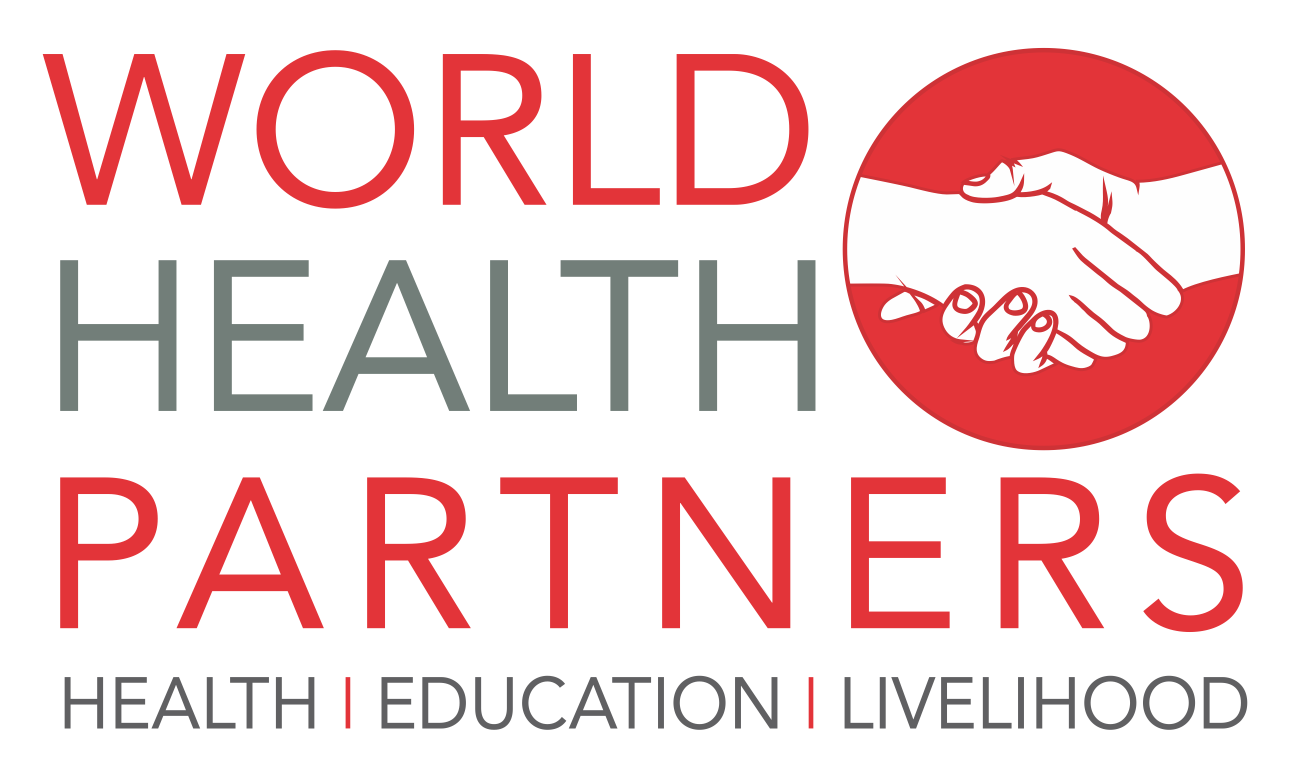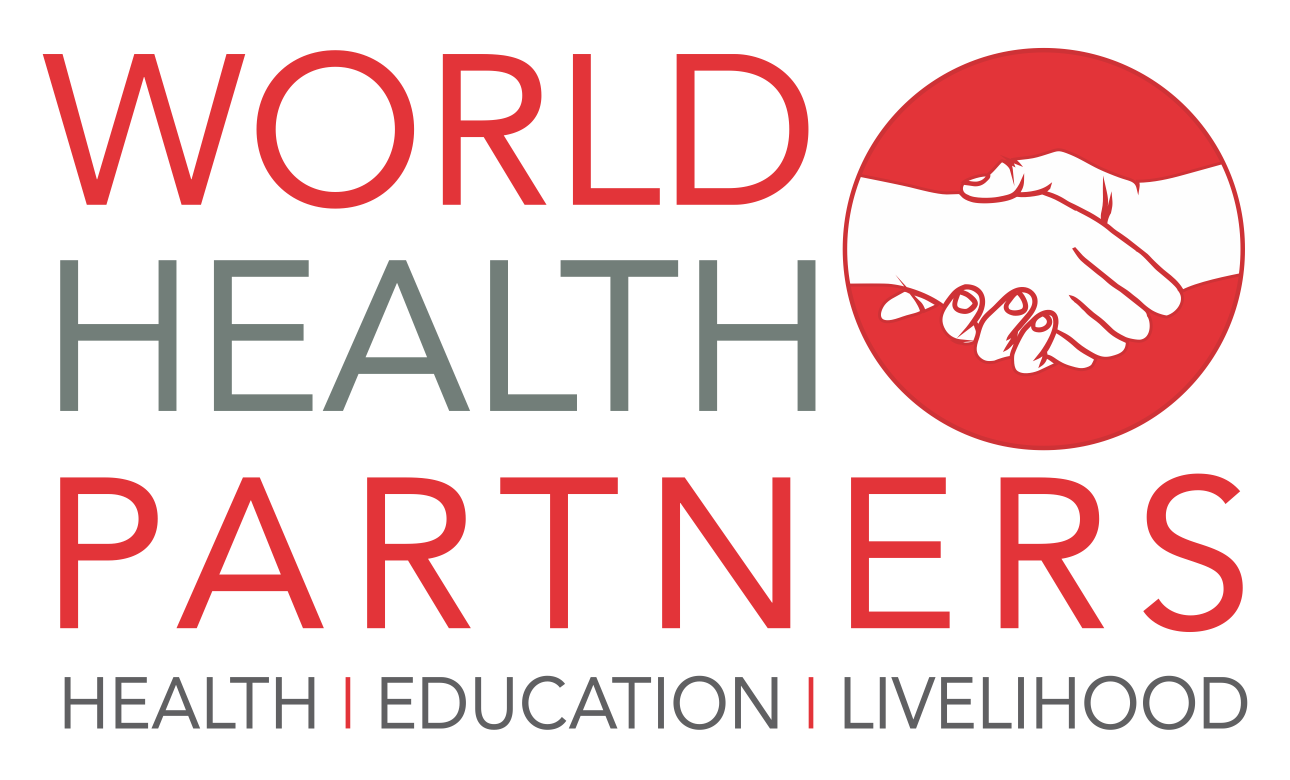THALI
PATHWAY FOR GOVT TO LEVERAGE COMMUNITY RESOURCES FOR PATIENT-CENTRIC TB CARE
Over 7,000 people are diagnosed with TB each day in the world and a life is lost every minute, according to the WHO Global TB report 2018.TB is one of the top 10 causes of death and the leading cause from a single infectious agent. The Government of India, working in partnership with many national and international agencies,has resolved to eliminate TB by 2025.
WHP's Tuberculosis Health Action Learning Initiative (THALI) supports this effort and has emerged as a trend-setter in TB programming. Expanding from an earlier narrower scope of private sector engagement and notification, WHP has included components of patient-centric care and community engagement in order to create a well-rounded model for later adoption by the government.
The project started in the city of Kolkata in 2016 to cover all 263 wards. Further expansion in 2017 brought six districts of the West Bengal state, of which Kolkata is the capital, under its coverage. The project performed exceedingly well with extensive coverage of the private sector and an intensive community engagement model that aimed to sensitize the population about TB. Building on this phase, it subsequently focused on reducing diagnostic and treatment delays and learnt valuable lessons. In view of the need to streamline its TB interventions and to optimize funding utilization, the West Bengal component of the project ended in January 2020.
The start of the Joint Effort for Elimination of TB (JEET) project, an initiative that was broader in coverage, required THALI to undergo major structural changes and shift its focus to new geographies. It is currently focused on services to high risk patients in 7 districts of three states (Jharkhand, Gujarat and the Punjab) and the activities include contact-tracing, counseling, adherence monitoring, DBT facilitation and treatment outcome. In Jharkhand,the project is focused on drug resistant (DR) patients among tribal communities and coal mine workers.In Gujarat, the team works to address mental health issues of TB patients and deploys Integrated Digital Adherence Technology (IDAT) to improve treatment outcomes.In the Punjab, the thematic area is workplace screening with active and passive survelliance for better diagnosis and treatment.
SUPPORT:
The THALI project is supported by the United States Agency for International Development (USAID) with a grant of $7.4 million for four years.It has received an extension till September 2020 after which it will be transitioned to the government.
CURRENT STATUS, LESSONS AND RESULTS:
In the last four years, the project has created awareness among 3 million rural, tribal, urban slum and vulnerable populations. More than 60,000 notified TB patients received support for contact-tracing, treatment adherence and counseling across all project geographies.
Under the component dealing with Integrated Digital Adherence Technologies (IDAT), more than patients are currently enrolled in various adherence technologies (99dots, MERM and V-DOT). This is providing useful insights since IDAT implementation is a new area of programming and its success is dependent on gauging the strength of health systems to absorb technologies, assessing the capacity of healthcare workers to relate them to patient experience, and building strong linkages between DAT and patient support to sustain the engagement.Early lessons showed technology adherence information enabled providers to be in direct touch with patients as opposed to ASHAs / DOTS providers. Health care workers were able to effectively assign and counsel patients on appropriate technologies and how to engage with them. Patients did not have to travel or be dependent on someone to report their adherence to treatment.
Some concerns, however, remain. One common reason for not being able to realise the full potential of these technologies is lack of phone access and frequent patient migration. Between 99DOTS and MERM, patients showed a higher preference for the former despite the challenges created by frequent switching of SIM/phone plans and older patients having trouble typing long phone numbers. MERM faced problems of early battery discharge, faulty assembly, inactivated SIMs, storage of box in no-network areas and alarms going off at odd times. Interestingly, patients who are highly mobile preferred 99DOTS while women's preferred MERM.
Under the mental health intervention, more than TB patients have been screened since July 2019 for common mental disorders among TB patients in Surat and Ahmedabad, two large cities in Gujarat state. High prevalence of depression among TB patients indicates an urgent need for routine screening. The project is testing out the impact of psychotherapeutic counseling by health workers to improve mental health and to define more patient-centric metrics of care.
In the Punjab, within 12 months of implementation, factory workers from high-risk hazardous factories were screened for TB of whom were determined as presumptive cases. Of these were diagnosed with TB. The project is testing out the premise that active case-finding in such high-risk work environments can increase awareness and confidence among workers to seek care. Provision of free chest X-rays at private labs creates easy access to the service and substantially increases the response of the workers in comparison to visiting government microscopy centres for sputum tests.
WHP welcomes the opportunity to collaborate to implement this commitment.
Partner with Us

